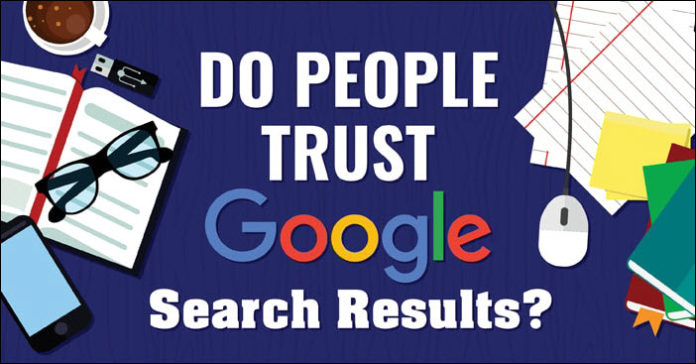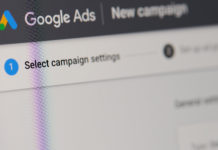We recently released the results of a survey of 1,000 people we conducted using Google Surveys about what people think about Google. We conducted the survey in the spring of 2017 and released the data in our post on consumer confidence in Google late last month. Our previous report highlighted the importance of Google and people’s perceptions of Google.
“With great power, however, comes great responsibility and Google faces an increased level of scrutiny around the accuracy of their search results. Some commentators complain that Google search results promotes misinformation with a rightwing bias, while others claim a left-leaning bias in Google’s search results.”
Furthermore, our previous survey captured an overall sense of awareness about Google. For example, the survey asked more than trust in Google, but also about their business model. The survey produced the following findings:
- Trust in Google remains high as 72.3% of respondents trust the accuracy of Google search results.
- 63.7% of respondents don’t know how Google make money from search.
- 65.3% said they would not want more relevant Google search results if it meant Google would use their search history to generate their results.
Ultimately, the initial survey concluded that people trust Google. However, generally, people prefer that Google does not use their data. And finally, but not surprisingly, people simply do not understand how Google makes money. As a result, a gap exists in expectations and reality. Fortunately, we remain interested in how people think about Google and understanding their thoughts.
Soon after we released the findings, a major controversy occurred around an internal memo written by a Google employee. The memo discussed Google’s idealogical and gender related biases (among other topics). As numerous media reports shared the memo, the issue gained momentum in the media. For example, excerpts from the memo and followup gained more media attention.
“In a class action lawsuit against Google filed Monday in Santa Clara Superior Court in Northern California, Damore and another former Google engineer, David Gudeman, argue that Google has an “open hostility for conservative thought.”
Additionally, following the media backlash, the former Google employee sued Google for harassment. However, the survey conducted relates to people’s interpretation of Google and not the contents of the memo itself.
As a result, we conducted a similar survey question again through the same system. We used the exact same wording, and again used the Google Surveys platform. The findings were pretty interesting. From our survey results, the numbers actually swung in Google’s favor after the controversy and a greater percentage of those surveyed answered no when asked post-manifesto-gate.
The gender break-down on this question was particularly interesting. In fact, a much higher percentage of women trusted Google than men. Furthermore, the survey results showed a pronounced swing in that direction after the controversy.
Do you think Google search results are biased in any way? (All Respondents, March 6th)

Do you think Google search results are biased in any way? (All Respondents, August 9th)

Do you think Google search results are biased in any way? (Male Respondents, March 6th)

Do you think Google search results are biased in any way? (Male Respondents, August 9th)

Do you think Google search results are biased in any way? (Female Respondents, March 6th)

Do you think Google search results are biased in any way? (Female Respondents, August 9th)

An important note that the people surveyed in these two instances are not the same group. As a result, this doesn’t necessarily indicate that specific individuals changed their minds about any potential Google bias. However, based on the above data it obviously seems:
- Some believed this controversy potentially means more people consider Google biased. However, the data suggests the opposite outcome occurred.
- A greater percentage of men surveyed considered Google biased after the controversy than before.
- A much lower percentage of women surveyed considered Google biased after the controversy than before.
This isn’t necessarily definitive proof that the controversy benefited Google. However, the pronounced before and after discrepancies certainly offer an interesting result.
Methodology
Our survey utilized Google Surveys for data collection. Google Surveys makes use of the inferred demographic and location information to employ stratified sampling by distributing the surveys based on the targeted audience to our publisher network and/or android smartphone users. Click here to learn more about the Google Surveys methodology.





